Don’t panic if you’re not filing your 1040 by April 15
Contrary to popular belief, it’s not the end of the world if you don’t file your personal 1040 tax return by April 15, 2025.
In fact, it can be incredibly smart to intentionally not file by April and submit an Extension instead.
Here are the top three reasons to consider filing an Extension:
- You get time to uncover more business expenses
- You can reduce your odds of being audited
- You have more time to find the right professional support (and avoid DIY panic)
Bottom line—filing an Extension doesn’t hurt you (unless you owe taxes and don’t pay), and it absolutely does NOT increase your audit risk.
When You Shouldn’t File an Extension
There are some situations when it’s better to just get your return done and filed by April 15. If all three of the following apply to you, don’t bother with an Extension:
- You don’t have a small business or side hustle
- You’re due a refund
- Your tax return is fairly straightforward
If that sounds like you, waiting just delays your refund and gives the IRS an interest-free loan. Get your money and move on!
BUT if you run a small business (even on the side), aren’t expecting a big refund, or want to level up with a better tax professional—filing an Extension gives you the space to do it right.
Reason #1 – Dig Up More Expenses as a Business Owner
If you had a small business, side hustle, freelance income, or received a 1099 in 2024—you’re filing a Schedule C. That means you have write-offs waiting to be discovered.
Don’t rush just to meet the April 15 deadline because your neighbor or your mom says so. Use the extra time to comb through your bank and credit card statements. Find every legitimate business expense. Take advantage of every write-off available to you.
Having a small business is an amazing opportunity to lower your taxes and create wealth—but it’s all for nothing if you don’t report your expenses properly.
(Check out my other article: “Last-Minute Tax Strategies Before Filing”)
Reason #2 – Reduce Your Chances of an Audit
Most taxpayers don’t realize this, but filing an Extension can actually decrease your audit risk.
Here’s why: The IRS assigns most audits early in the year. Their audit teams in the 33 IRS districts (which cover all 50 states) operate on quotas that often fill up before the Extension deadline. Once those quotas are full, your chance of being selected manually drops significantly.
After October 15, 2025, the IRS relies more heavily on computer screening to flag returns.
So filing later in the year (but still on time with an Extension) may lower your odds of an audit—as long as you file before the Extension deadline.
(But if you miss the October 15 deadline and file late, audit risk goes up.)
Reason #3 – Don’t Rush. Get Better Help.
Too many Americans rush to file and do it themselves—not because they want to, but because they can’t find a solid professional in time.
Filing an Extension gives you breathing room. You can find, vet, and hire the right tax professional who actually knows what they’re doing—and isn’t overloaded.
Many top-tier tax pros don’t take on new clients before April 15. But after the deadline, they have more bandwidth and are often open to working with new clients.
If you’ve been dreaming of having a real tax advisor—someone who gives you strategic, year-round guidance—check out the Main Street Tax Advisor Network. Every Certified Advisor in the network is trained in the tax strategies I teach and apply in my law firm.
Bottom line: Don’t settle for a subpar tax prep experience. File an Extension and find someone who can help you build a plan, not just file a form.
You Still Might Need to Send in a Payment
Important: An Extension is an extension to file, not an extension to pay.
If you think you might owe taxes, it’s smart to send in a payment with your Extension. If you’re unsure how much to pay, check out my article, “How Much Should I Send in with My Extension?”
Don’t stress—you might not need to pay anything. But it’s worth taking a few minutes to run the numbers and avoid unnecessary penalties.
Even If You Can’t Pay—Still File an Extension!
This one’s critical: Always file an Extension—even if you can’t afford to pay anything yet. Why?
Because the failure-to-file penalty is way worse than the penalty for not paying.
Failure-to-file penalty: 5% per month (up to 25%)
Failure-to-pay penalty: 0.5% per month (plus a little interest)
Example 1.1: You end up owing $5,000 in taxes but didn’t file an Extension because you thought it was worthless to do since you didn’t have any money to send in. BAD MOVE! Let’s assume you finally file in July. The penalty for keeping the IRS in the dark is 20% (4 months x 5%), or $1,000 + interest! This penalty would disappear if you at least filed an Extension. Additionally, you owe penalties of $100+ interest for paying late!
Example 1.2: Same situation. You end up owing $5,000 in taxes but you DID file an Extension. The penalty for not paying on time is 2% (.5% x 4), or $100+ interest. That’s right! The penalty for paying late is not as bad as not filing an Extension and getting hit with the failure-to-file penalty.
When you don’t at least file an Extension the IRS is “in the dark” and assumes the worst.Think of that first date you had when you promised to call that special someone back. If you don’t call (no matter how valid the reason) …they’re going to assume the worst. That ‘first date’ turns into the ‘last date’ faster than you can spell “text and swipe left”.
TIP: It’s easy to file an Extension. Simply go to the IRS website here and file Form 4868. Read the instructions on where to mail. Some companies may offer to do it for free, but there will always be a catch for them later to file your actual return or market you additional services. Just be careful.
In Summary:
File an Extension
Send in a payment if needed
Use the extra time to dig up deductions
File before October 15, 2025
Reduce your audit risk
Find better support
Save money in the long run
An Extension isn’t a sign of failure—it’s a smart move. Give yourself the time and strategy you deserve.
Take Action
Let’s make 2025 the year you stop stressing about taxes and start living your best American Dream!
The Trifecta Planner is more than just a calendar—it’s your business and wealth-building sidekick.
- Know what to do and when.
- Stay organized.
- Plan your year like a pro.
Plus: tax charts, business tools, and a roadmap to more freedom.
Grab your 2025 Trifecta Planner here.
Want to find a qualified tax advisor to help you save the most on taxes in 2025…and beyond? Check out the Main Street Tax Advisor Network to find your perfect fit.
Search through over 1,000 Main Street Advisors, all of which are certified by Mark J. Kohler and ready to help you slash your tax bill.
The Network is 100% FREE to search and offers you endless opportunities to save and scale.










